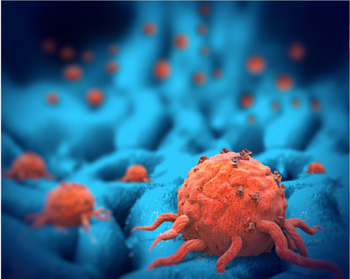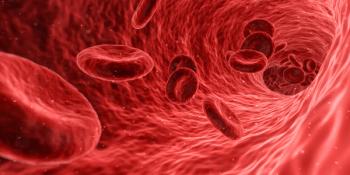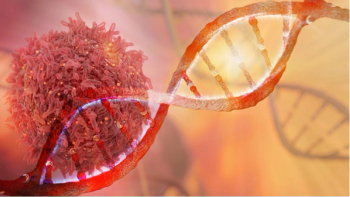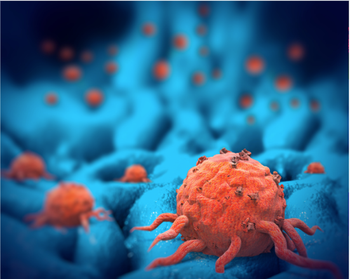
It is impossible to assert that patients will not experience any adverse events while on targeted therapy. Communicating and addressing effective mitigation strategies to ameliorate these adverse events can lead to improved clinical outcomes.

It is impossible to assert that patients will not experience any adverse events while on targeted therapy. Communicating and addressing effective mitigation strategies to ameliorate these adverse events can lead to improved clinical outcomes.

Evelyn Handel, PharmD, BCPS, BCOP, director of drugs & biologics programs at the National Comprehensive Cancer Network, presented the keynote address, which was developed in collaboration with Emily Mackler, PharmD, BCOP, of the Michigan Oncology Quality Consortium in Ann Arbor.

Perceived as the new “wonder drug,” immunoglobulin (IG) is a go-to therapy for healthcare providers seeking to bolster their patients’ immune systems; however, as demand grows, particularly for oncology and off-label indications, the supply can’t keep pace.

This topic was presented by Jolynn K. Sessions, PharmD, BCOP, at the 2019 Directions in Oncology Pharmacy™ conference.

The US health care system expects 2020 to be a year of major cost savings, in part because of the projected significant traction from 3 major biosimilars for rituximab (Rituxan), bevacizumab (Avastin), and trastuzumab (Herceptin), which accounted for a total of $19.4 billion in sales in 2018.

The 2019 Directions in Oncology Pharmacy™ conference included a session covering relapsed and refractory follicular lymphoma (FL) and mantle cell lymphoma (MCL).

The growth area for pharmacy revenue is increasingly apparent in the specialty space, a trend driven by the approvals of new oncology agents with characteristics that are ideal for the specialty pharmacy setting.

According to the experts, having well thought-out administration procedures is imperative to providing a smooth transition process for the health care team.

Affecting both male and female individuals, breast cancer is one of the most common types of cancer in the United States.

The recent development of cyclin-dependent kinase 4 and 6 (CDK4/6) inhibitors, as well as alpelisib (Piqray), a phosphoinositide 3-kinase (PI3K) inhibitor, has changed the way patients with HR-positive MBC are treated.

The second session at the 2019 Directions in Oncology Pharmacy™ conference discussed emerging clinical options for patients who have chronic lymphocytic leukemia (CLL), with a special emphasis on the pharmacist’s role.

This year, particular clinical advancements in breast, lung, and ovarian cancers were heavily represented among the late-breaking abstract presentations.

Those who handle hazardous drugs on a regular basis should follow steps to minimize exposure.

"As 2019 comes to a close and we head into 2020, the anticancer treatment landscape continues to expand, as does the role of pharmacists in the patient care continuum."

A letter to community oncology pharmacists from Ricky Newtown, CPA, director of Financial Services & Operations, Community Oncology Alliance.